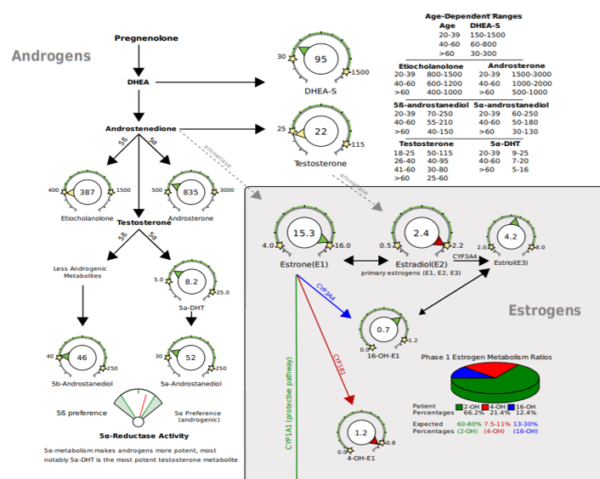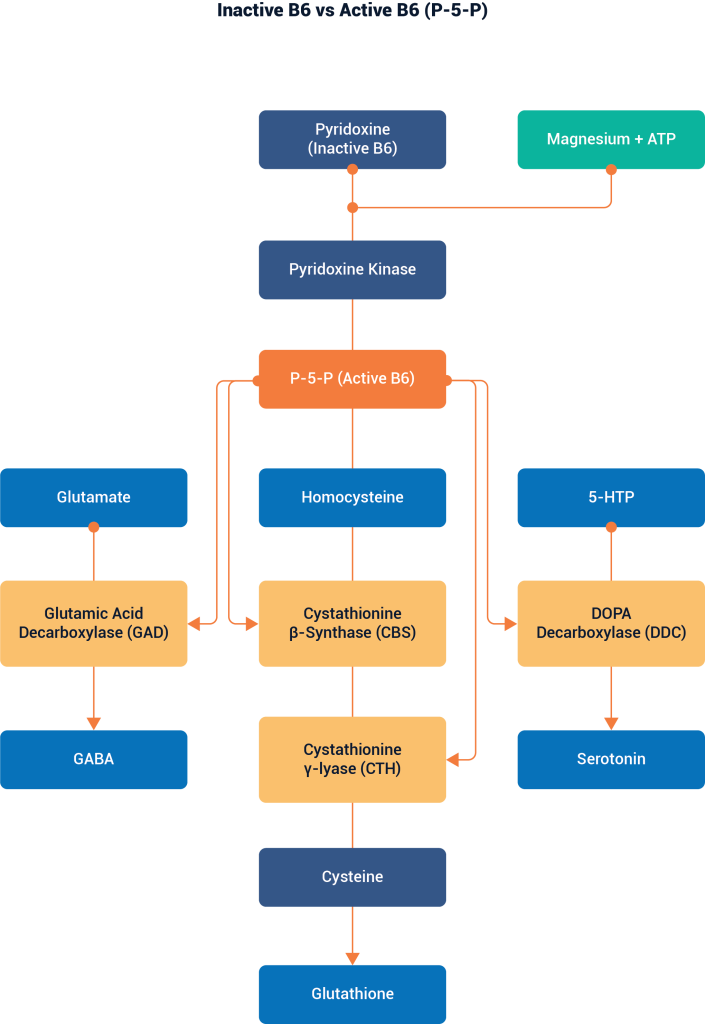| Sylvia, a 26 year old female came into the initial consult with complaints of experiencing a strong case of Premenstrual Syndrome (PMS) to the point that it was affecting her life. Her symptoms consisted of extreme fatigue, a lack of focus, low moods and increased fluid retention.
The patient was also experiencing menorrhagia and menstrual cycles that would range between 3 weeks to 2 months. Therefore, further testing regarding hormonal function was also indicated. Her diet consisted of high carbohydrate and low protein content. The patient often snacked on chocolate bars (2-3) throughout the day. She also drank 1 Litre of water per day. The patient’s sleep patterns were also variable with sleep time consisting of 10pm-12 midnight to a wakeup time at 6am. |
| Treatment
The patient was advised to reduce carbohydrate content and have more fulfilling protein rich meals such as eggs and vegetables. Chocolate bars were also replaced with nuts and fruit and overall water intake was increased to 1.5L. The patient was further advised to aim for 8 hours of sleep per night. The patient was prescribed 280mg (2 caps) of Magnesium (as Magnesium Citrate) as well as 100mg (2 caps) of Pyridoxal-5-Phosphate per day. Upon the next consult 4 weeks later, the patient noticed a marked improvement in her PMS symptoms. She noticed that her fluid retention and her lack of focus had improved and her depression had not been as severe. However she still experienced a reduction in energy before her menstruation. Due to her menorrhagia further investigation into anaemia and other nutrient deficiencies is indicated. Furthermore, the results from hormonal panel testing will offer further treatment aims. The treatment with the current nutrients will remain as research indicates a Magnesium and B6 combination is most successful over a number of months and not weeks. |
| Mechanism of Action
Magnesium has a stabilising effect on the nervous system due to its ability in controlling neuromuscular stimulation. Pyridoxal-5-Phosphate (Vitamin B6) Pyridoxal-5-Phosphate (the active form of vitamin B6) may support the reduction of PMS symptoms through a variety of mechanisms. Some major mechanisms are considered to be the B6 mediated increase in serotonin and dopamine. Serotonin and Dopamine are both neurotransmitters associated with strong effects on mood and energy. Moreover B6 also plays an essential role in the synthesis of fatty acids, thereby resulting in an indirect anti-inflammatory affect as well as further beneficial impact on nervous system function. B6 may also reduce fluid retention through its ability to decrease dopamine in the kidneys resulting in increased sodium excretion and fluid loss overall. |




